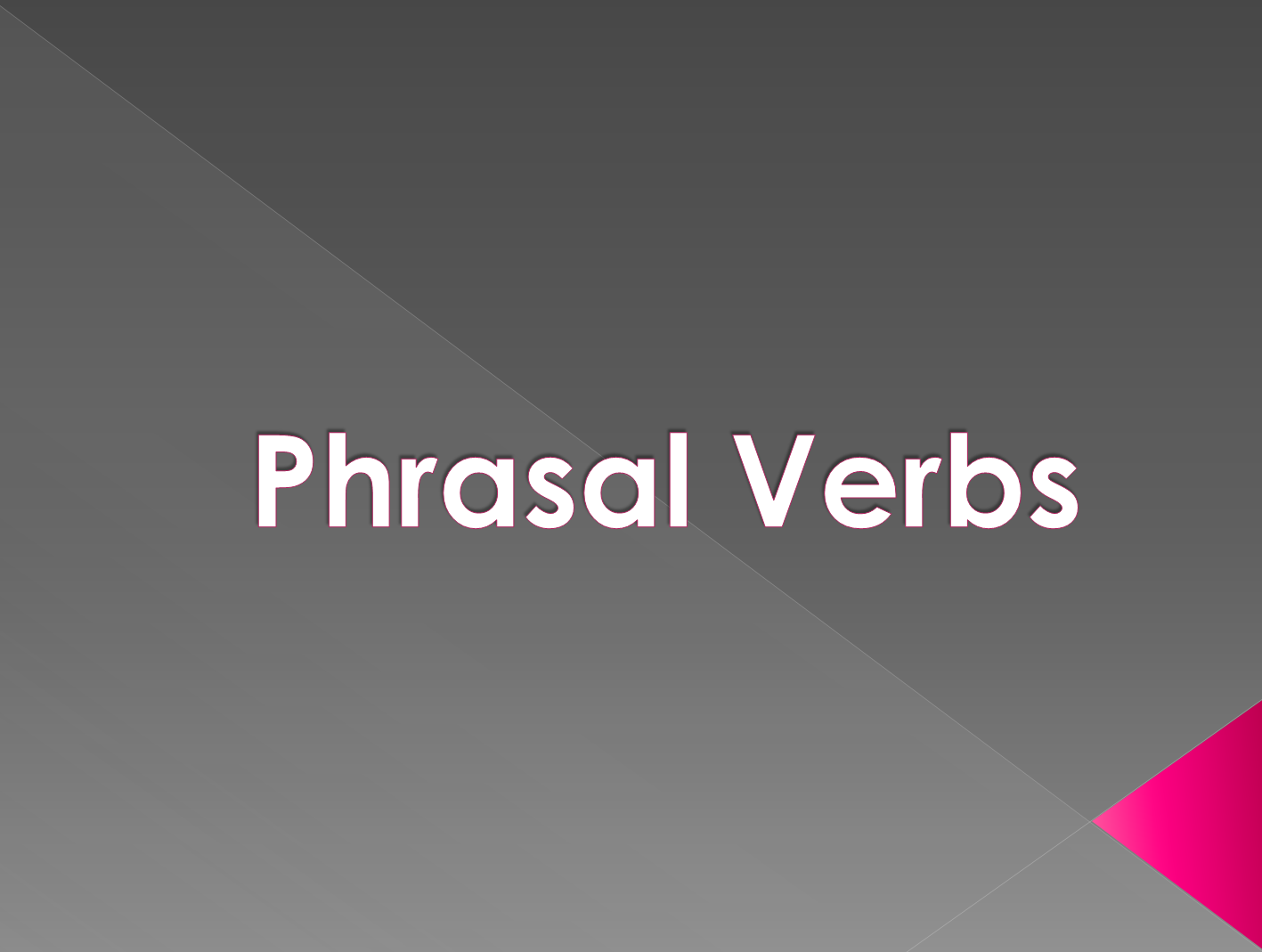
The TOEIC (Test of English for International Communication) is an English language proficiency test designed to assess the English language skills of non-native speakers in a business or professional context. The test is widely used by organizations around the world to evaluate the English language skills of job candidates, employees, and students.
The TOEIC test consists of two parts: the TOEIC Listening and Reading Test and the TOEIC Speaking and Writing Test. The TOEIC Listening and Reading Test is a paper-and-pencil test that consists of multiple-choice questions, while the TOEIC Speaking and Writing Test is a computer-based test that consists of spoken and written responses to prompts.
The test is designed to measure a wide range of English language skills, including listening comprehension, reading comprehension, speaking ability, and writing ability. Overall, the TOEIC is a widely recognized and respected English language proficiency test that is used by organizations around the world to evaluate the English language skills of non-native speakers.
Q&A Topic: Internal Communications
Internal communication refers to the exchange of information, ideas, and messages within an organization. It is a crucial aspect of business operations as it helps to ensure that everyone is on the same page, working towards the same goals, and has access to the information they need to do their job effectively.
Here are some questions that can help you to clear the TOEIC exam:
Q1 According to the Government Communication Network (GCN), a plan for internal communications should be ____________ into every communication strategy.
(a) initiated
(b) integrated
(c) interwoven
(d) involved
Answer: (b) integrated
Q2 Winning the support of internal ____________ can be as important as reaching key external audiences, and will be vital to the success of your communication programme.
(a) jobholders
(b) placeholders
(c) stakeholders
(d) stockholders
Answer: (c) stakeholders
Q3 Internal communications need exactly the same kind of analysis and strategy as external communications: there will be distinct audience groups who should be ____________, and the same processes of information collection and insight generation apply to internal as to external groups.
(a) sectioned
(b) segmented
(c) segregated
(d) sequestered
Answer: (b) segmented
Q4 Far from being the poor ____________ of external communication, internal communication performs a crucial role within government.
(a) neighbor
(b) offspring
(c) relative
(d) sibling
Answer: (c) relative
Q5 By ____________ staff with the departmental vision and values so that they can apply them in their day-to-day work, it creates a culture that does two things: it improves policy delivery and it increases the chance of meeting departmental objectives.
(a) endearing
(b) engaging
(c) inducing
(d) inoculating
Answer: (b) engaging
Q6 Organisations that have a strong communications function frequently ____________ those that don’t; private sector companies that communicate effectively have a 19.4 per cent higher market premium than companies that do not.
(a) outperform
(b) outrank
(c) overdo
(d) overrule
Answer: (a) outperform
Q7 As with external communications, it is not enough to have a tactical approach; every department should have an internal communications strategy that is developed, implemented and monitored according to industry ____________ practice and the needs of staff.
(a) best
(b) in
(c) made
(d) style
Answer: (a) best
Q8 Printed or online surveys might be your first port of ____________ when it comes to understanding communication needs within your department.
(a) action
(b) call
(c) entry
(d) resort
Answer: (b) call
Q9 Before selecting a research method, produce a ____________ that sets out clear objectives and explains what you are trying to achieve.
(a) brief
(b) draft
(c) mission
(d) portfolio
Answer: (a) brief
Q10 You might also need to set up a different dialogue with each team within your department to take on ____________ cultural differences.
(a) board
(b) other
(c) serious
(d) viewing
Answer: (a) board
You may also like:- Idioms and Other Expressions Used For Talking About ‘Work’
- What Are Weasel Words?
- Money and Finance – Test Your Knowledge
- Phrasal Verbs, Idioms and Other Expressions Using ‘CUT’
- How to Say Time in English
- Idioms and Other Expressions Used For Talking About Money
- Shopping and Consumerism – Match the Correct Name
- Phrasal Verbs – Choose the Correct Verb
- Currency Markets – Choose The Best Words
- Personal Qualities – Use the Best Nouns and Adjectives








